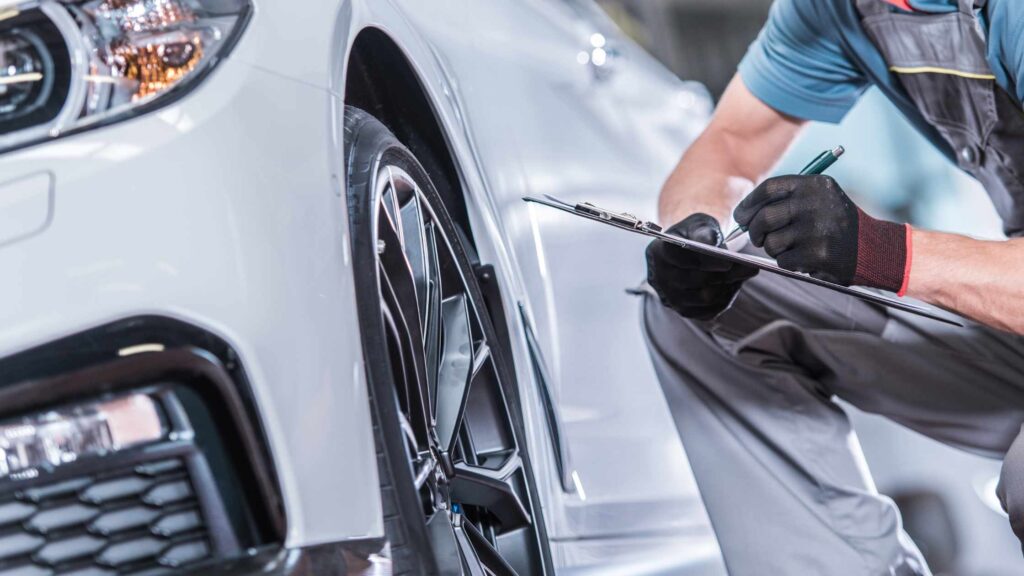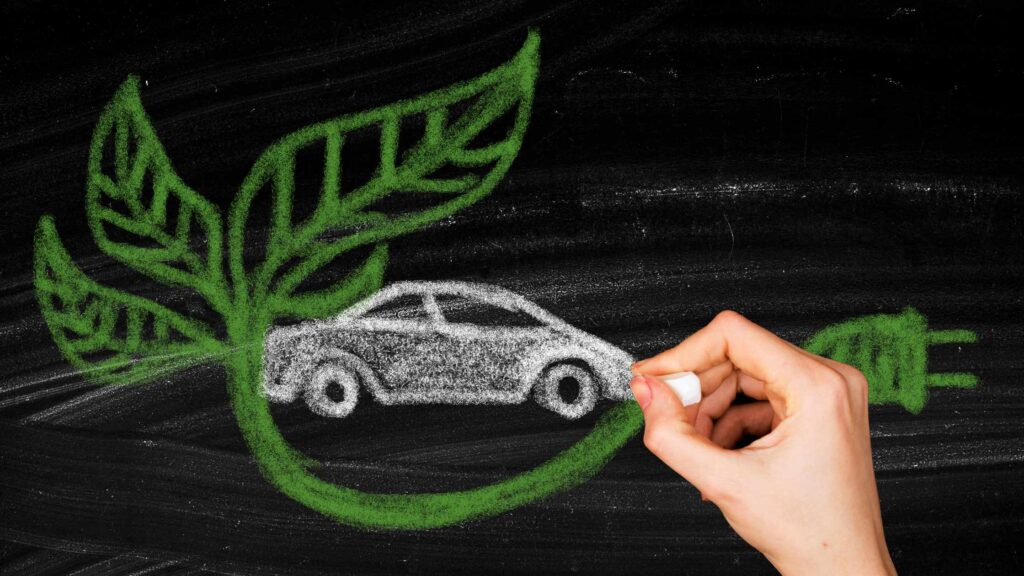Introduction
When purchasing a new car, it’s easy to focus solely on the upfront cost. However, considering the total cost of car ownership is essential for making an informed decision. Beyond the initial purchase price, there are several other factors that significantly contribute to the overall expenses associated with owning a car. In this article, we will explore the various costs involved in owning a car and emphasize the importance of evaluating these expenses before making a purchase.
Depreciation
As soon as you drive a new car off the dealership lot, it begins to depreciate in value. This is an important factor to consider because depreciation can have a significant impact on the total cost of car ownership. Certain car models depreciate at a faster rate than others. It is essential to research and choose a vehicle that has a lower depreciation rate to minimize financial losses in the long run.
Financing
For most car buyers, financing is a necessary step to afford a vehicle. When evaluating the cost of owning a car, it’s crucial to consider the interest rates, loan terms, and monthly payments associated with financing. Higher interest rates or longer loan terms can result in increased expenses over time. It’s advisable to shop around for the best financing options and consider the overall impact on your budget.
Insurance
Car insurance is a legal requirement in most countries and a significant ongoing expense of car ownership. The cost of insurance can vary depending on various factors such as your age, driving record, location, and the type of car you own. Before purchasing a car, it’s crucial to obtain insurance quotes to understand the potential expense and factor it into your budget.
Fuel
Fuel expenses are another significant consideration when assessing the total cost of car ownership. The cost of fuel varies depending on factors such as fuel efficiency, current gas prices, and your driving habits. It’s important to research the fuel efficiency of different car models and calculate the estimated annual fuel costs based on your expected mileage.
Maintenance and Repairs
Regular maintenance and repairs are an unavoidable part of owning a car. Routine servicing, oil changes, tire rotations, and other maintenance tasks can add up over time. Additionally, unexpected repairs can arise that require immediate attention and can be quite expensive. It’s crucial to budget for both routine maintenance and unexpected repairs to prevent financial strain in the future.
Licensing and Registration Fees
Licensing and registration fees are recurring expenses associated with car ownership that should not be overlooked. These fees vary depending on your location and the type of car you own. Researching and understanding the licensing and registration requirements in your area is essential to avoid any surprises and factor these costs into your budget.
Parking and Tolls
If you live in a city or frequent areas with paid parking and tolls, these costs can also contribute to the overall cost of owning a car. Monthly parking fees or daily toll charges can quickly add up. Considering your parking and toll expenses is crucial when evaluating the affordability of car ownership, particularly in urban areas where these costs tend to be higher.
Summary
Evaluating the total cost of car ownership goes beyond the initial purchase price. Depreciation, financing, insurance, fuel, maintenance and repairs, licensing and registration fees, as well as parking and tolls, all contribute to the overall expenses of owning a car. By considering these factors before making a purchase, you can make a more informed decision and ensure that car ownership remains within your budget.
Remember to research different models, seek the best financing options, obtain insurance quotes, calculate fuel expenses, and budget for routine maintenance and unexpected repairs. Owning a car can be a significant investment, and by evaluating the total cost, you can make the best choice for your financial well-being.







